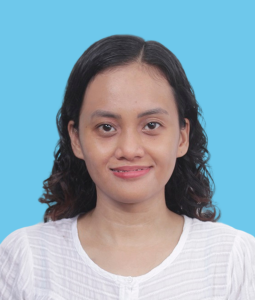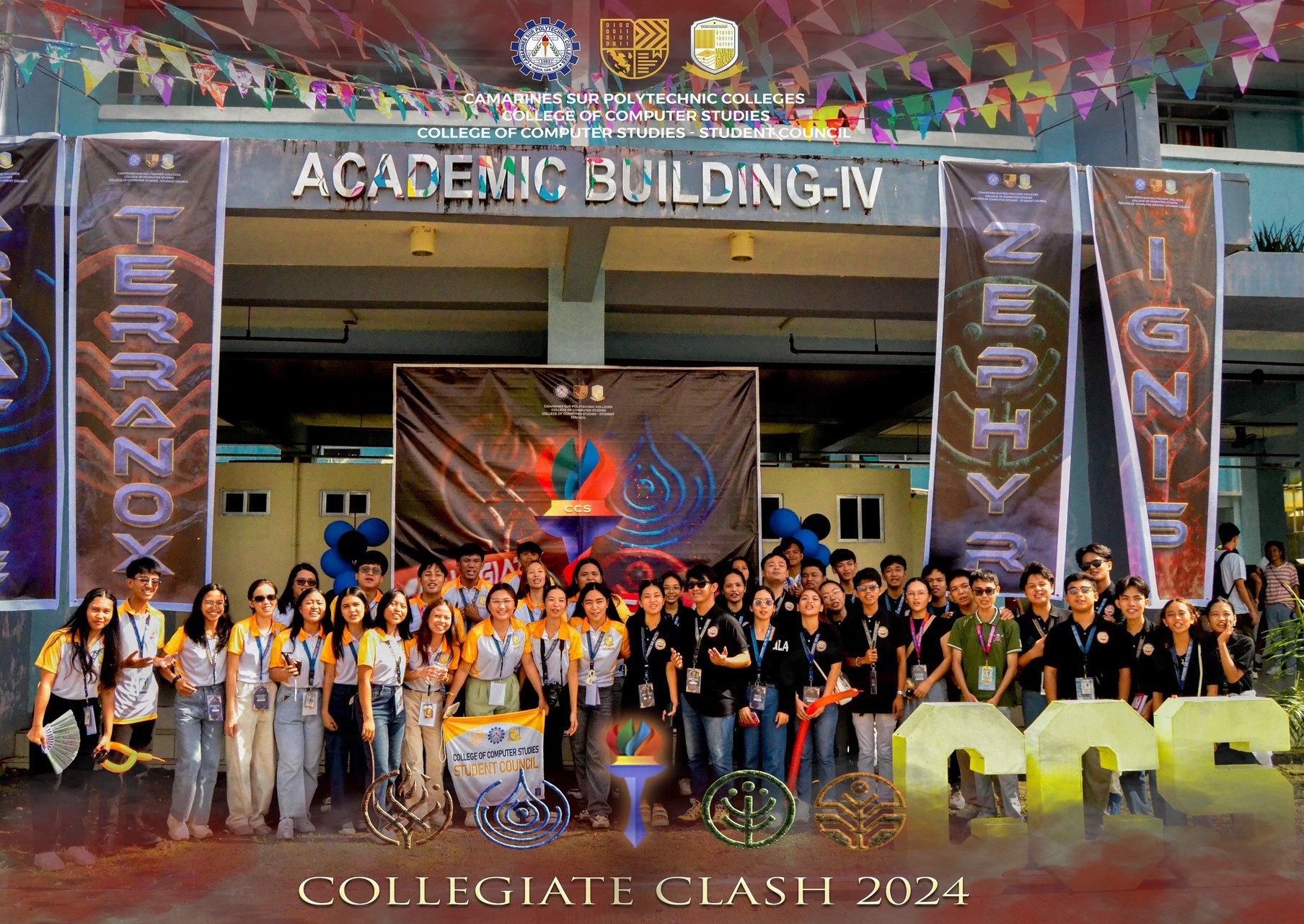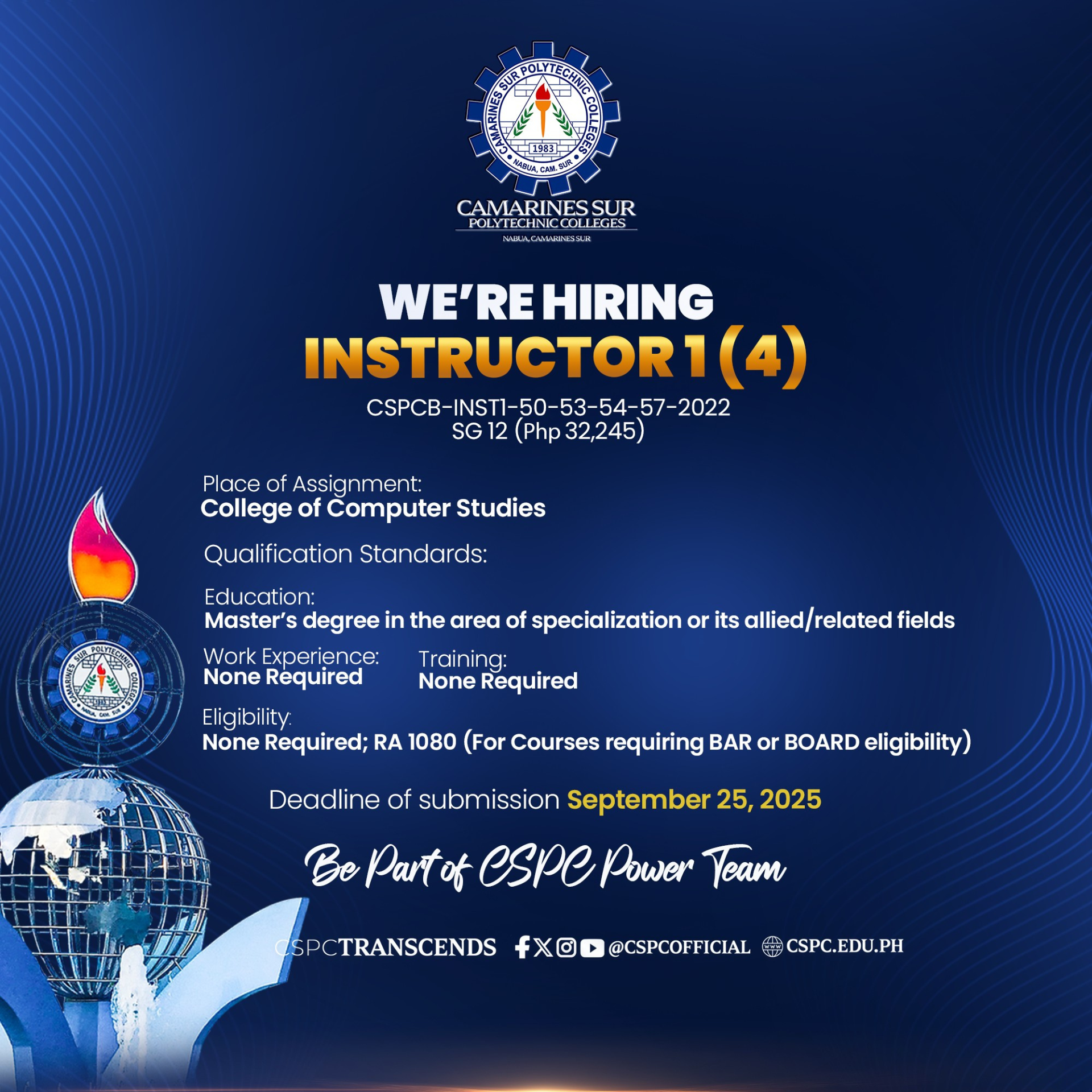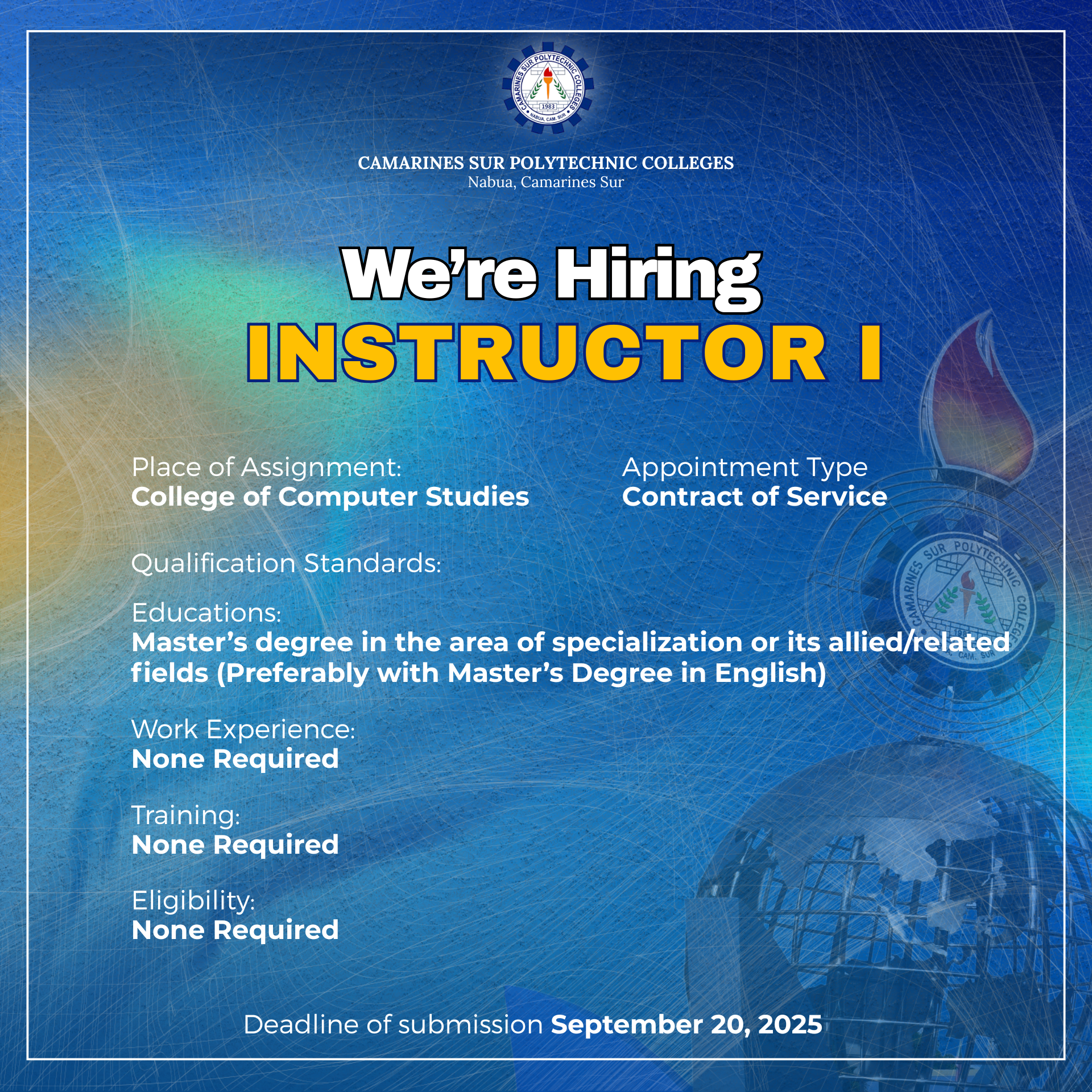The BLIS Program is the study of the development, deployment, and management of information resources in print, non-print, electronic and digital formats and services. Graduates of this program are being prepared to apply information technology to basic library operations and functions. Moreover, they are trained to harness a range of bibliographical and online tools to support teaching, research, and other services.
Program Educational Objectives:
BLIS Graduates are expected to demonstrate the following set of educational objectives after two (2) years:
- Apply technical expertise in recognizing, evaluating and utilizing knowledge of information representation and resources to resolve and manage specific needs in any environment;
- Utilize the current technology tools appropriate to the library field;
- Demonstrate ability to effectively communicate at a team level and the public at large;
- Exhibit exemplary behavior, conscious of social and environmental responsibility through active professional engagement; and
- Engage in lifelong learning for personal and professional development.
Program Outcomes
- Select, evaluate, organize and disseminate print, multimedia, electronic and digital information resources
- Demonstrate logical and systematic approaches to the accomplishment of tasks
- Understand library’s automation systems and the use of computer hardware, software and peripherals, including online collaboration tools
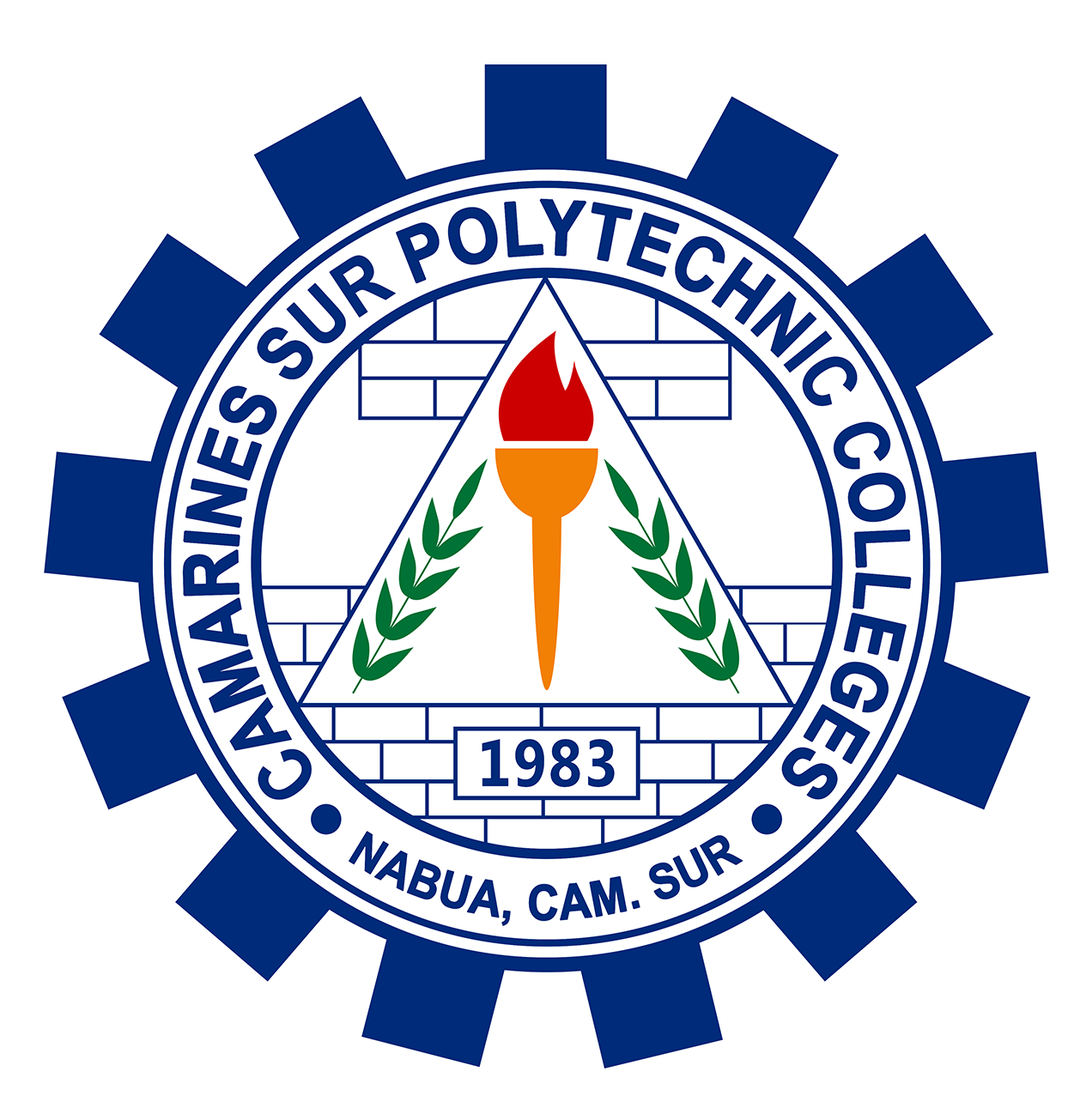
 GOV.PH
GOV.PH
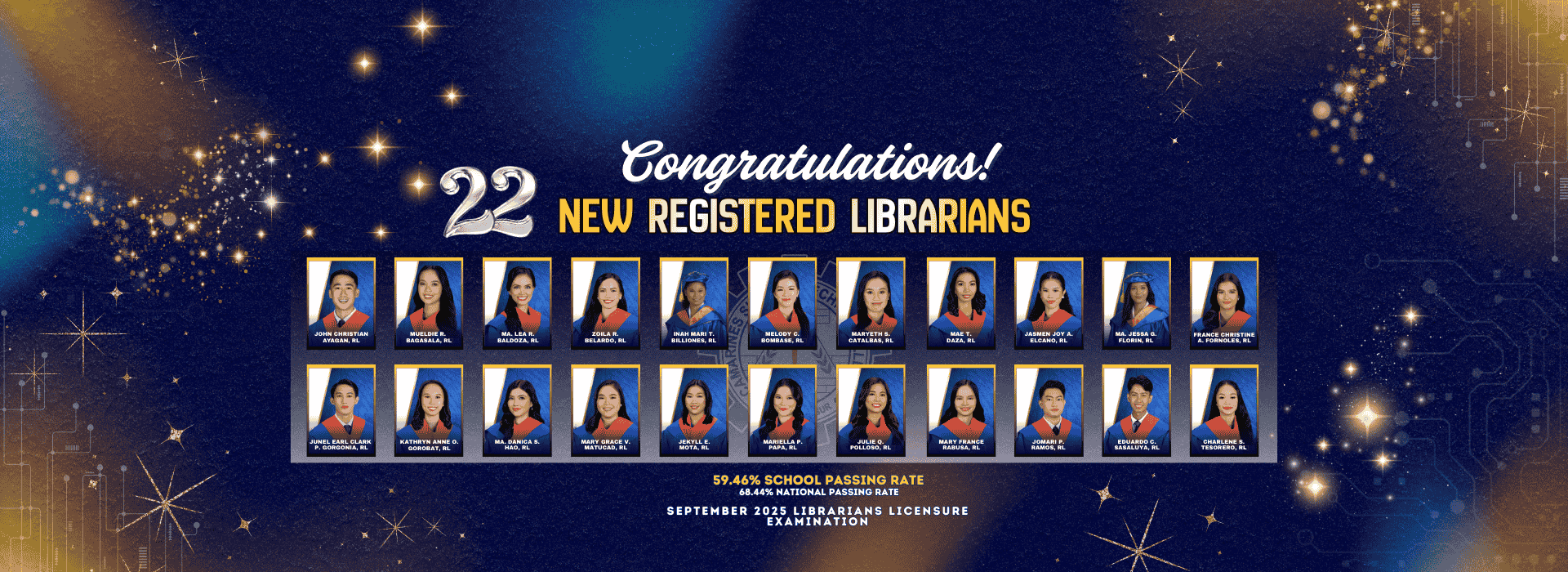
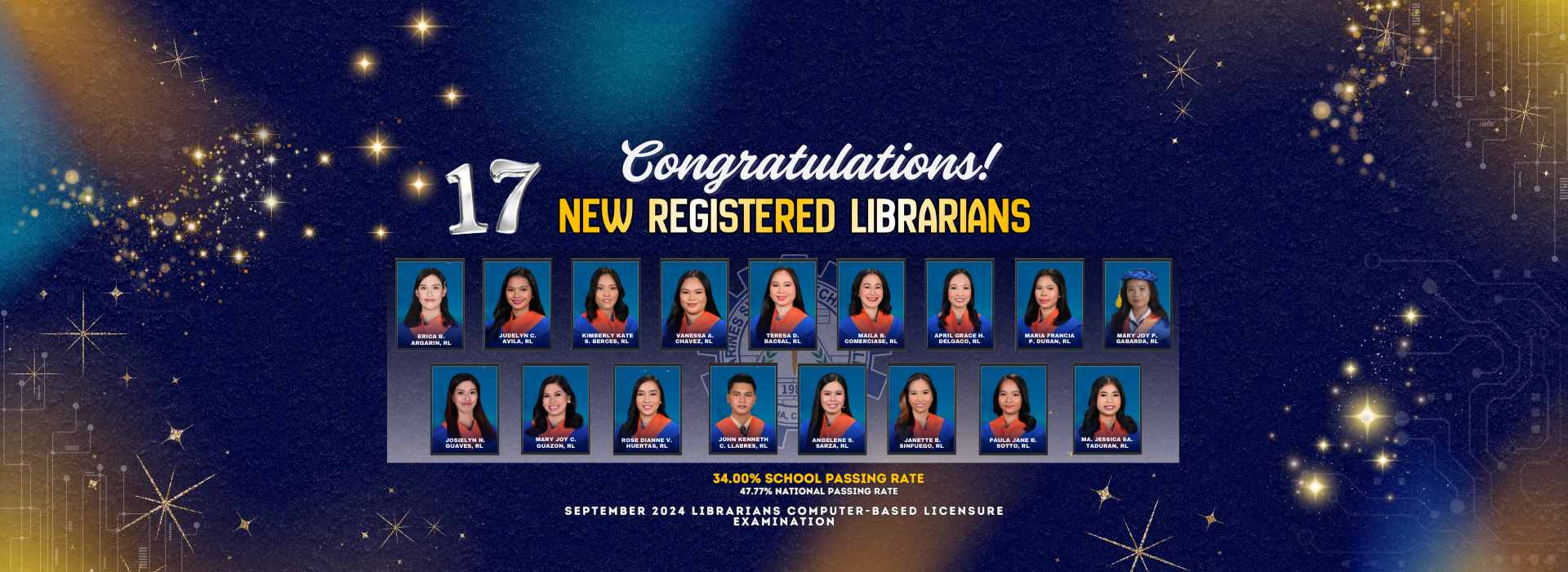



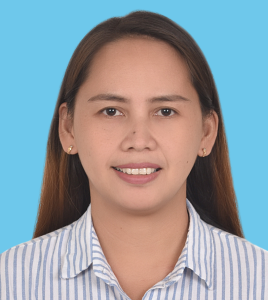 ROSEL O. ONESA, MIT, PHD in CS Unit
ROSEL O. ONESA, MIT, PHD in CS Unit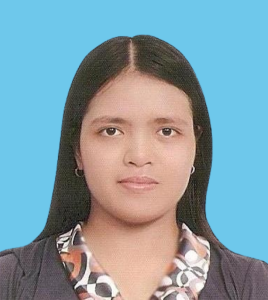 MS. KAELA MARIE N. FORTUNO
MS. KAELA MARIE N. FORTUNO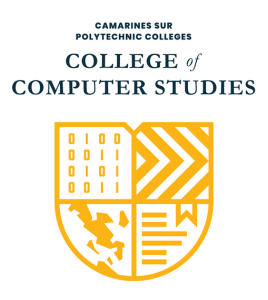 MR. ALLAN O. IBO JR.
MR. ALLAN O. IBO JR. MR. JOSEPH JESSIE S. OÑATE
MR. JOSEPH JESSIE S. OÑATE
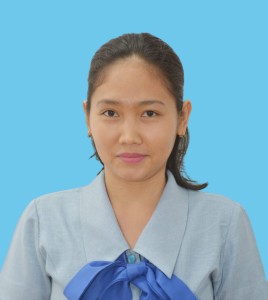 MS. ICHELLE FIGURA-BALUIS
MS. ICHELLE FIGURA-BALUIS DR. IAN P. BENITEZ
DR. IAN P. BENITEZ
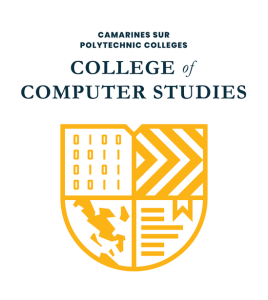 MR. JULIUS C. DENIÑA
MR. JULIUS C. DENIÑA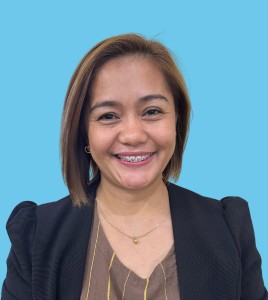 MS. JOSEFINA H. LLAGAS
MS. JOSEFINA H. LLAGAS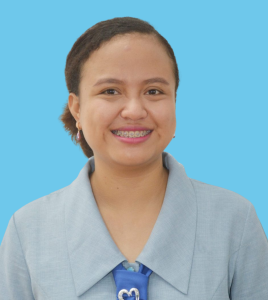
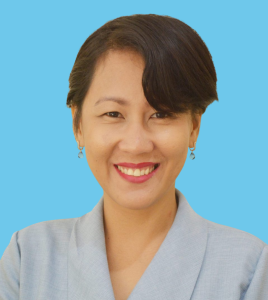 DR. CHALIZ D. OMOROG
DR. CHALIZ D. OMOROG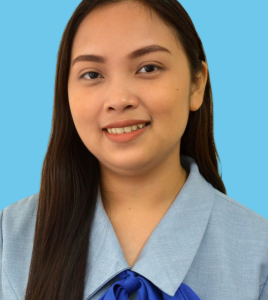

 MS. MARICRIS L. RAMIZARES
MS. MARICRIS L. RAMIZARES
 MR. JAYVIE NIEL SIAS
MR. JAYVIE NIEL SIAS
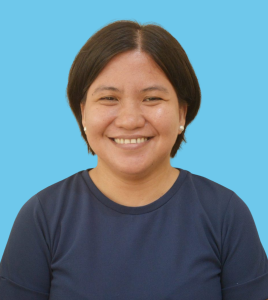 BRENDA DY-PO BENOSA
BRENDA DY-PO BENOSA MR. JONUEL REY N. COLLE
MR. JONUEL REY N. COLLE MR. JEREMY JIREH S. NEO
MR. JEREMY JIREH S. NEO
